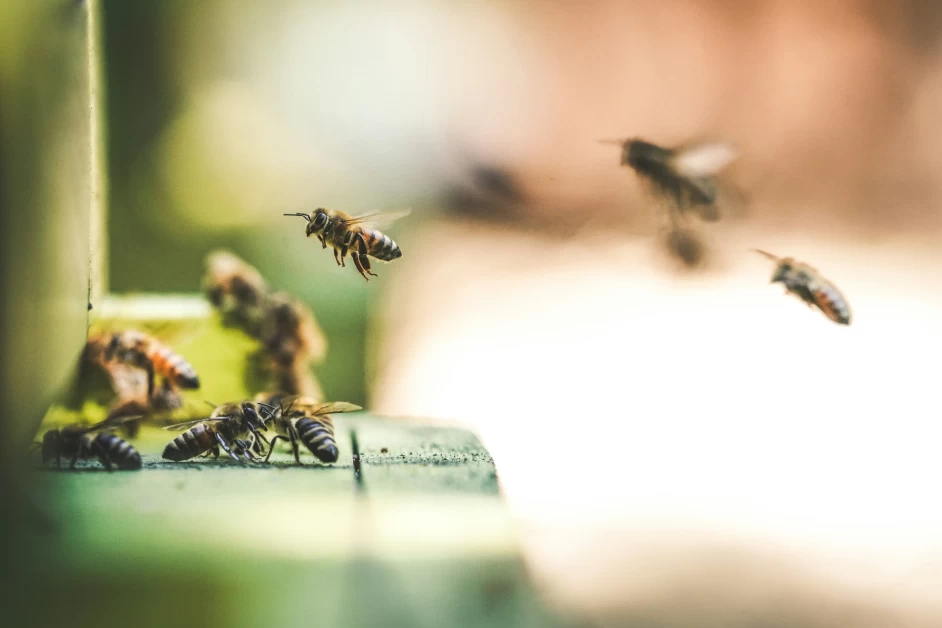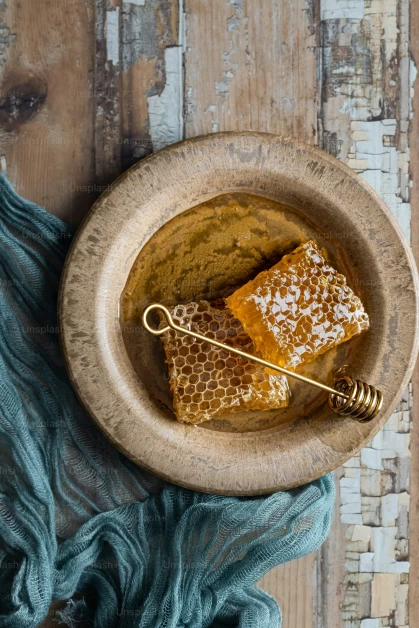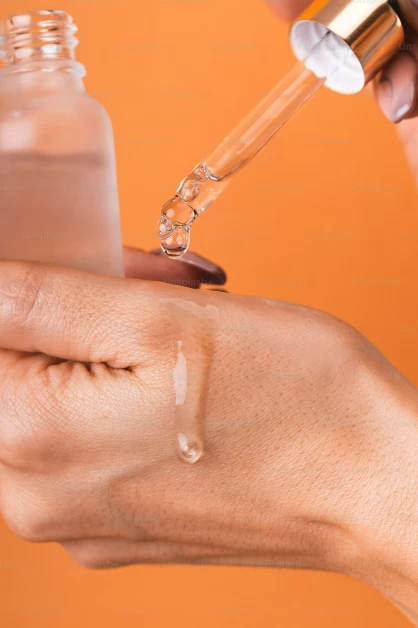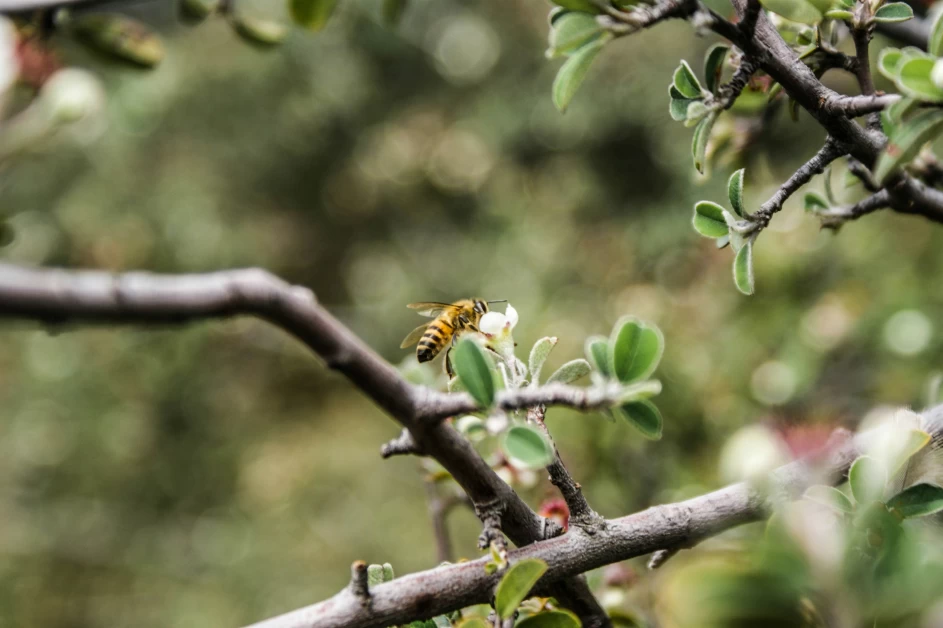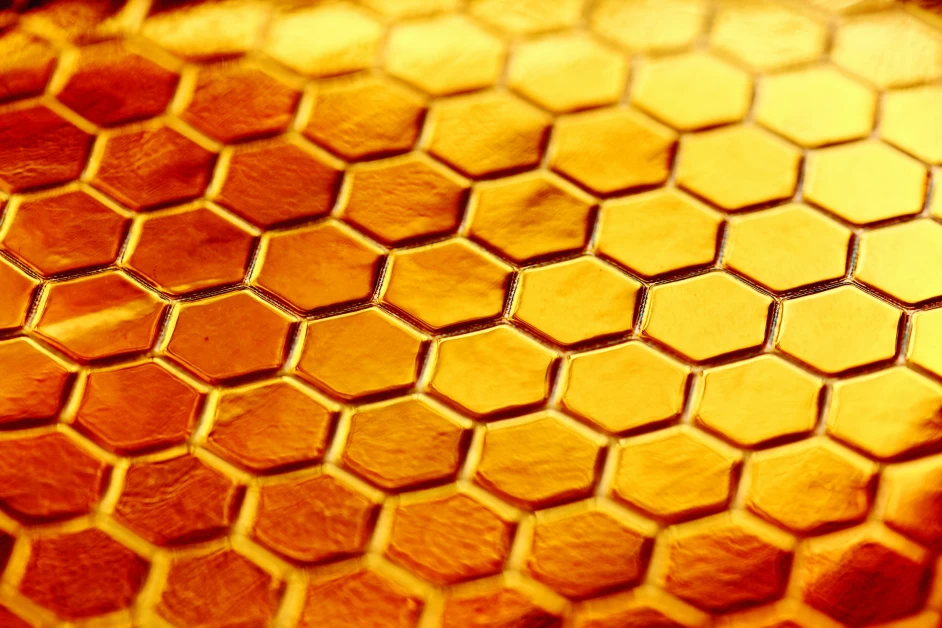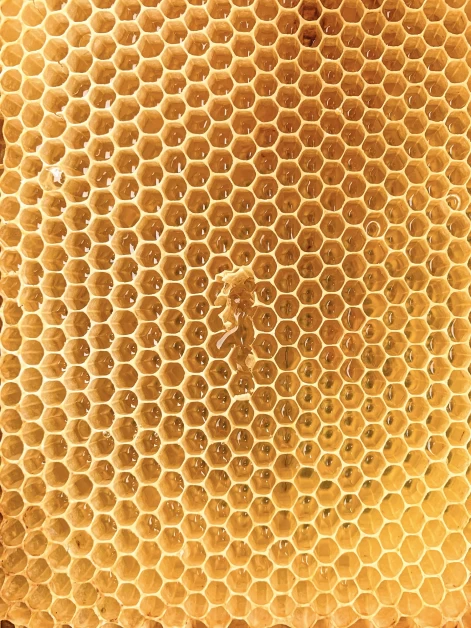Table of Contents
Manuka honey is a distinct variety of honey renowned for its potent antibacterial properties. Created by bees that pollinate the New Zealand native Manuka bush, this honey has been used for centuries for its health advantages, particularly in fighting infections. In this article, we will explore how Tiaki Manuka honey can help combat infections, delve into its antibacterial properties, and provide tips on incorporating this natural remedy into your daily routine.
Manuka Honey and Wound Healing
Numerous studies have demonstrated the excellent wound-dressing properties of Manuka honey. Its broad-spectrum antimicrobial activity, coupled with its non-toxicity to normal cells, promotes wound healing by creating a moist environment. Additionally, Manuka honey possesses anti-inflammatory properties, accelerates wound healing, reduces scarring, and acts as a natural debriding agent by removing dead tissues and foreign objects from wounds. These properties explain the efficiency of honey as a wound dressing, with Manuka honey being particularly effective in treating burns, leg ulcers, pressure sores, traumatic injuries, meningococcal lesions, radiation side effects, gingivitis, and both infected and non-infected wounds.
Understanding Manuka Honey’s Antibacterial Properties
Manuka honey contains a naturally occurring chemical called Methylglyoxal (MGO), which boasts strong antibacterial capabilities. MGO is highly prized for its high concentration in Manuka honey and is known for creating a low-pH environment that inhibits bacterial growth, making it an excellent natural treatment for various illnesses. The antibacterial strength of Manuka honey increases with its MGO level, which is indicated by its UMF value. Additionally, Manuka honey contains hydrogen peroxide, a typical antibacterial compound found in all forms of honey.
Studies have shown that Manuka honey is effective against a range of bacteria, including Staphylococcus aureus, which can cause skin infections, pneumonia, and bloodstream infections. It has also been found to be effective against Streptococcus pyogenes, responsible for strep throat and scarlet fever.
How Manuka Honey Can Help Fight Infections
Tiaki Manuka honey can combat infections in several ways. Firstly, it can be applied directly to the skin to treat skin infections, burns, and wounds. The antibacterial qualities of Tiaki Manuka honey help reduce inflammation, prevent bacterial growth, and promote healing. Secondly, Manuka honey can be ingested to aid in the treatment of gastrointestinal illnesses. Research suggests it may combat the bacterium Helicobacter pylori, which can lead to stomach ulcers and digestive problems. It may also reduce intestinal inflammation and support the growth of beneficial gut bacteria. Thirdly, Manuka honey can be used to fight infections in the respiratory system, soothing sore throats, reducing coughing, and aiding in the healing of respiratory infections such as bronchitis.
Other Health Benefits of Manuka Honey
In addition to its antibacterial properties, Tiaki Manuka honey offers various other health benefits. These include:
- Anti-inflammatory properties: Manuka honey contains compounds that can reduce inflammation in the body.
- Antioxidant properties: Rich in antioxidants, Manuka honey helps protect the body against free radicals that can cause cell damage.
- Digestive health: Manuka honey promotes the growth of beneficial bacteria in the gut, improving digestive health.
- Wound healing: Due to its antibacterial and anti-inflammatory properties, Manuka honey is an effective natural remedy for wound healing.
Tips for Incorporating Manuka Honey into Your Daily Routine
Here are some practical tips to help you incorporate Tiaki Manuka honey into your daily routine:
- Use Manuka Honey as a Natural Sweetener: Replace processed sugars with Manuka honey in your favorite recipes for added health benefits.
- Apply Manuka Honey Directly: Topically apply Manuka honey to wounds, burns, and skin infections, covering with a bandage to promote healing and prevent bacterial growth.
- Ingest Manuka Honey: Add a teaspoon of Tiaki Manuka honey to tea or warm water before bed to soothe a sore throat and aid in healing.
- Use Manuka Honey in Homemade Remedies: Create homemade remedies like face masks or hair treatments by mixing Manuka honey with natural ingredients such as coconut oil or avocado.
Summary
Manuka honey’s antibacterial properties make it an excellent natural remedy for various infections, including skin infections, digestive issues, and respiratory infections. By incorporating Tiaki Manuka honey into your daily routine, you can enjoy its numerous health benefits and fight infections naturally. So, when you’re seeking a natural remedy to combat infections, consider adding Tiaki Manuka honey to your routine. Uncover the antibacterial wonders of Manuka honey and experience all the benefits it offers.

